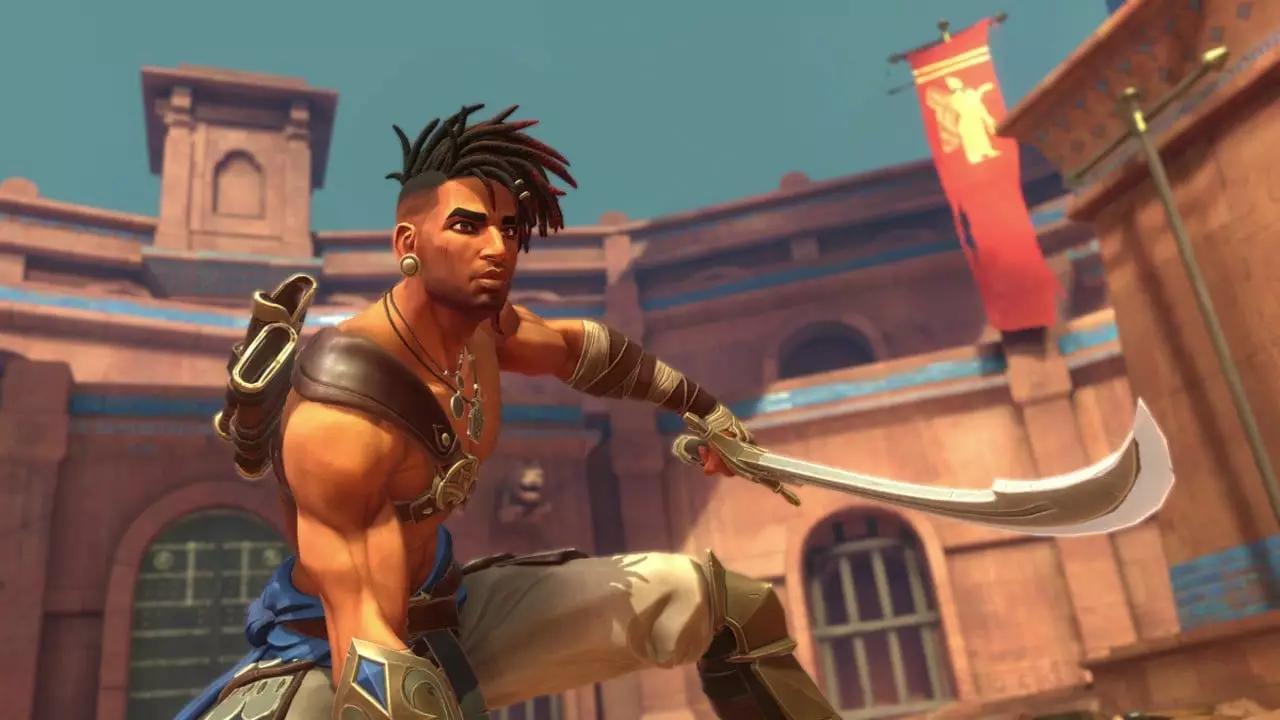Ubisoft, a name synonymous with ground-breaking video games, is currently facing significant challenges as it navigates through a tumultuous 2024. Reports indicate that Tencent, a Chinese tech giant, alongside the Guillemot family, Ubisoft’s founding dynasty, is contemplating the potential privatization of the company. This move comes on the heels of a staggering market decline, with Ubisoft losing approximately half of its market value within just one year. As the gaming industry evolves rapidly, the pressure mounts for Ubisoft to recalibrate its approach to business and creative output.
The decline in Ubisoft’s stock price has been substantially influenced by critical missteps. Most notably, the release of “Star Wars Outlaws,” which was met with lukewarm reviews and disappointing sales, catalyzed a sharp decline in investor confidence. Additionally, the announcement regarding the delay of “Assassin’s Creed Shadows” until February 2025 was part of an internal strategy to ensure quality over hastily released products. These setbacks serve as a warning signal for both the management and stakeholders, highlighting an urgent need for revitalization in both brand reputation and market performance.
Evaluating the Potential Buyout
While discussions surrounding a potential buyout by Tencent and the Guillemot family remain in nascent stages, they signify a proactive approach to rejuvenate the company’s fortunes. This strategic maneuvering reflects a recognition that to survive amid today’s competitive gaming environment, transformative decisions may be necessary. However, the discussions are fraught with uncertainty, as there is still no guarantee that they will culminate in an agreement.
The initial buzz surrounding these talks has temporarily boosted shares by approximately 33%. Nonetheless, it’s essential to critically assess whether this spike is sustainable or merely a reaction to speculative news. Stakeholders are left pondering whether this potential transaction could herald a new dawn for the beleaguered company or if it merely glosses over deeper, systemic issues that have plagued Ubisoft over the years.
Despite the overwhelming pressures facing the company, there are glimmers of hope that cannot be overlooked. Titles like “Prince of Persia: The Lost Crown” have received acclaim, illustrating that Ubisoft still possesses the ability to create compelling gaming experiences. However, the shadow of heavy discounting practices looms large, potentially undermining the commercial success of newly launched franchises. This pattern raises questions about the sustainability and long-term profitability of their offerings.
As Ubisoft stands at this precarious intersection, the potential involvement of Tencent and the Guillemot family could represent a pivotal juncture in its history. For any recovery plan to succeed, a fundamental shift in how Ubisoft develops, promotes, and sells its games may be required. The decision-makers must aim to balance both innovation and consumer satisfaction while addressing past failures. Until a clearer plan emerges, stakeholders remain cautiously optimistic, hoping that the company can reclaim its standing in a highly competitive and ever-evolving landscape.

